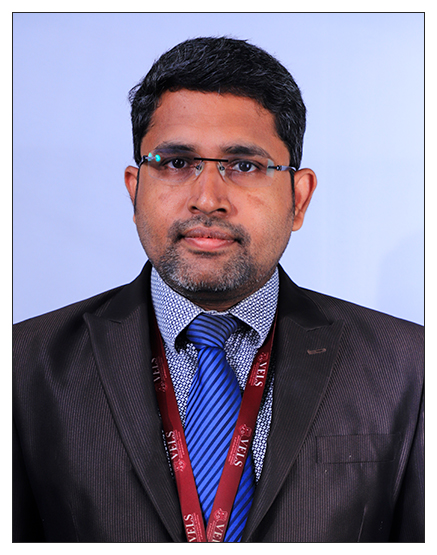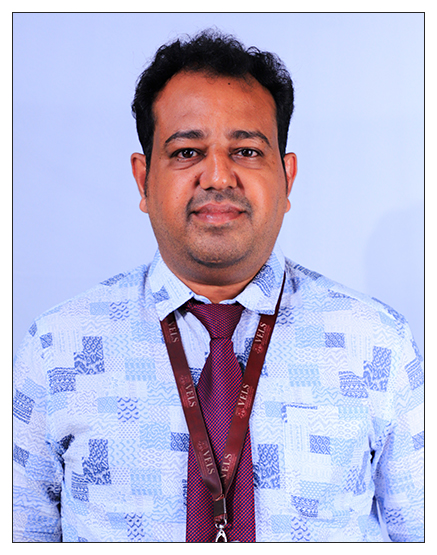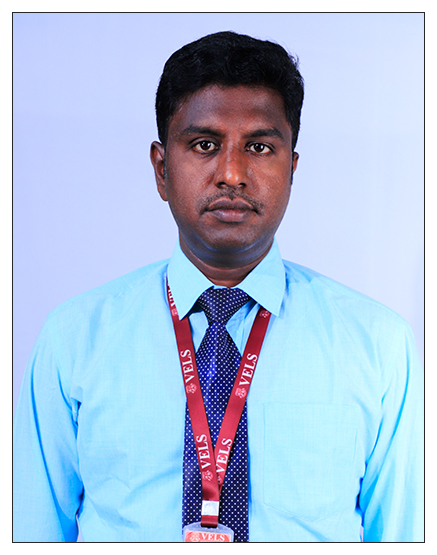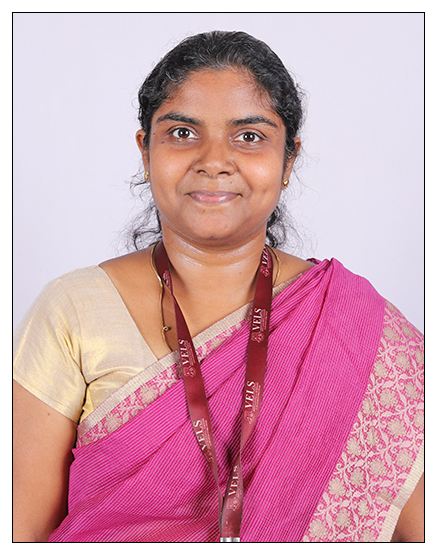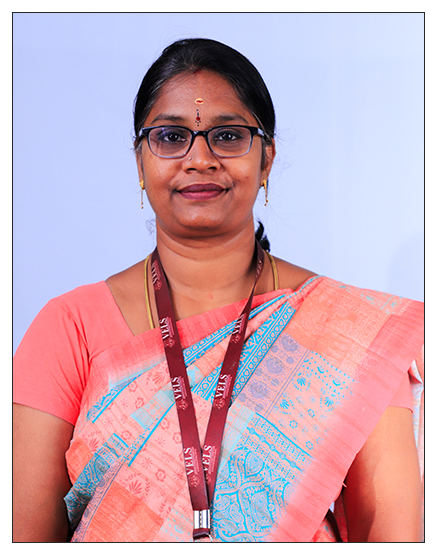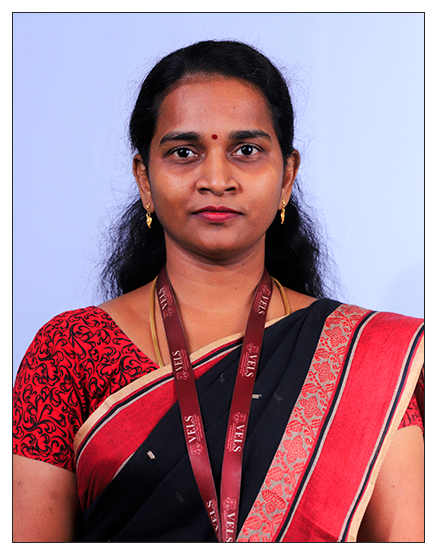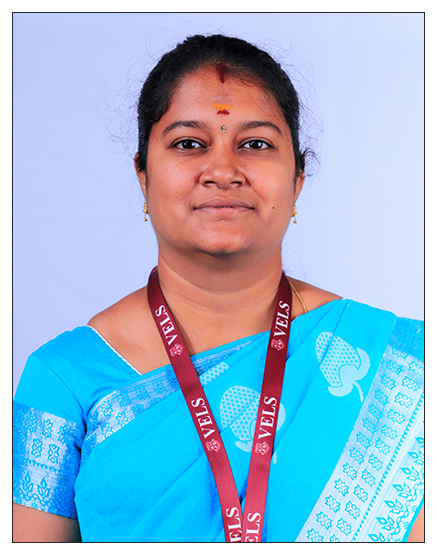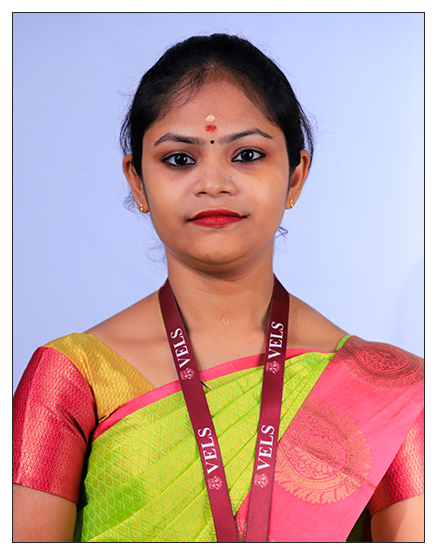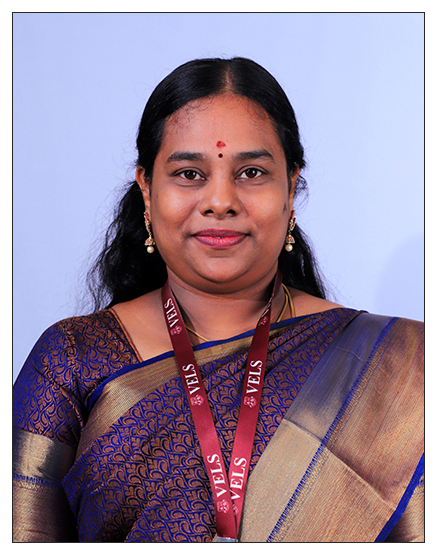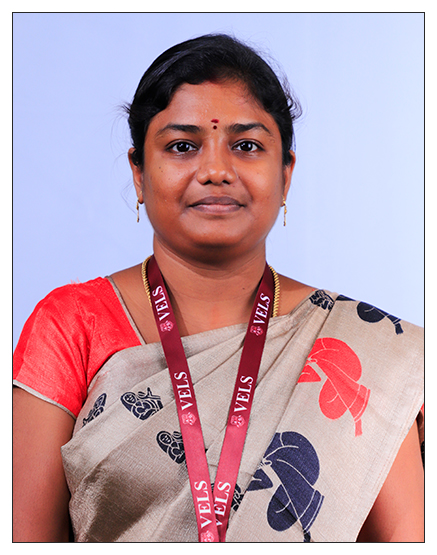VISION OF THE CIVIL ENGINEERING DEPARTMENT
To achieve national and international recognition by becoming a collaborative centre for learning & innovation and preparing the engineers to be stewards of a sustainable society by enhancing their innovative spirit, developing their professional and leadership qualities to face the challenges of the society and provide sustainable solutions
MISSION OF THE CIVIL ENGINEERING DEPARTMENT
- To train the students by disseminating the knowledge of engineering, science and technology through in plant trainings, internships, value added courses and industrial visits
- To assist the students in discovering their talents and skills to become experts/entrepreneurs in solving the contemporary issues of civil engineering
- To equip the students with relevant sustainable and engineering approaches to the built and natural environment by raising their professional and leadership qualities for creating a sustainable society
- To motivate the students to pursue higher education and compete at the global level
- To collaborate with leading industrial organizations and educational institutions in India and abroad for creating centers of excellence in emerging areas of Civil engineering
PROGRAM EDUCATIONAL OBJECTIVES (PEO)
After the completion of the program, the civil engineering graduates will be able to
PEO I: Exhibit greater level of technical competence and shine in their careers by applying knowledge in mathematical, scientific and engineering fundamentals.
PEO II: Inculcate the lifelong learning abilities to gain multi-disciplinary knowledge in developing safe, sustainable, economical and environmentally sound solutions to societal problems with social awareness and responsibility
PEO III: Demonstrate competency in using contemporary tools and techniques to meet the changing needs of nation and society at large
PEO IV: Develop economically viable, sustainable solutions to diverse civil engineering problems either within the profession or through post-graduate research by effectively communicating the civil engineering concepts orally and in written forms
PROGRAMME SPECIFIC OBJECTIVES (PSO)
At the completion of programme, civil engineering graduates will
PSO I: Design, analyze and execute a civil engineering problem by demonstrating technical competence in the fields of structural, geotechnical, seismic, transportation, environmental and design of civil structures to meet the needs of the industry/client
PSO II: Apply modern management and construction techniques to design/create sustainable and smart solutions within the stipulated time and funds
 CHAT WITH A STUDENT
CHAT WITH A STUDENT


